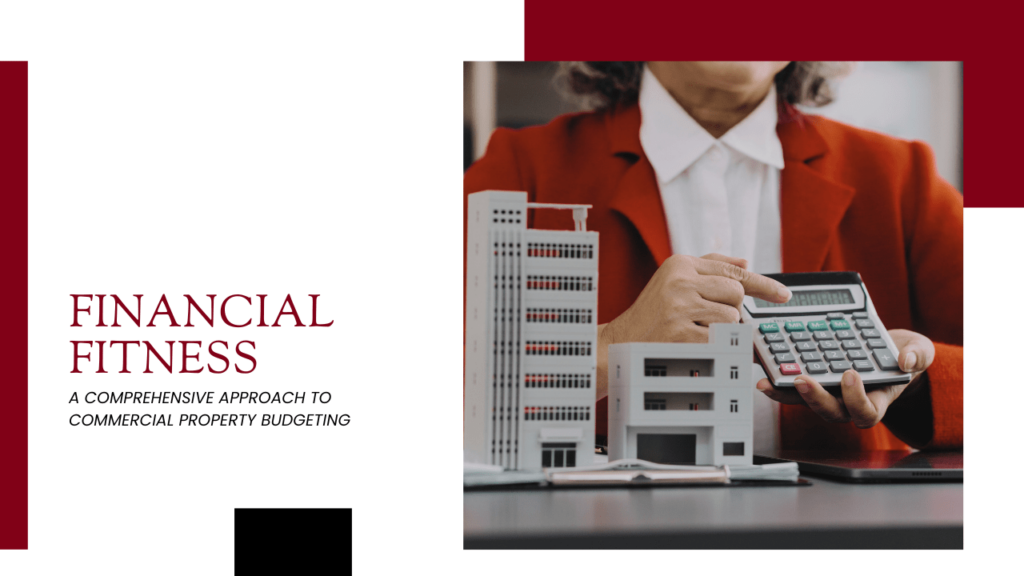
When we’re talking about how to successfully invest in High Desert commercial real estate, financial fitness is crucial. Understanding and managing your finances can determine what you’re able to accomplish with your existing portfolio and whether you can venture into making additional acquisitions.
To ensure long-term financial success, a comprehensive approach to commercial property budgeting is vital. We work with a lot of investors on this, so we’ve put together some information that delivers best practices for commercial property budgeting. Hopefully, this will help you maintain financial fitness and achieve your investment goals.
Identifying and Documenting Expenses
When it comes to budgeting for commercial real estate, all expenses should be taken into account, not just the obvious ones. Property taxes, utilities, and repairs are just a few of the costs associated with owning a commercial property. It’s essential to identify and account for every expense to create an accurate budget. Keeping track of each expense can be challenging, so it’s wise to invest in property management software to help streamline the budgeting process.
Setting Financial Goals for Your High Desert Commercial Property
Setting goals for your commercial property is essential so that you can measure whether you’re on track and determine whether the money you’re spending is helping you achieve those goals. Investment and financial goals can range from increasing revenue to lowering overhead costs, and they can be short-term or long-term.
Once you’ve identified your goals, it’s essential to create a detailed plan of action to achieve them. This includes analyzing your expenses and identifying areas where you can save money.
Creating a Realistic Commercial Rental Property Budget
Having a realistic budget is key to maintaining financial fitness in commercial real estate.
A budget should be created based on your property’s revenue and expenses, as well as your own financial goals. Keep the budget realistic. Cut any non-essential costs, but make sure you are budgeting enough for unexpected expenses. A lot of experts recommend the 50/30/20 rule, which suggests allocating 50% of your rental income to fixed expenses such as rent and utilities, 30% to variable expenses such as maintenance and repairs, and 20% to savings.
If you can manage this with what you’re earning in rent, try it.
Regular Budget Reviews and Audits
Reviewing your budget regularly is crucial to staying on track and adapting to any unexpected changes. This includes regularly examining revenue and expenses to understand how they are impacting your financial goals and making necessary adjustments. It is recommended to review the budget on a monthly or quarterly basis to ensure accuracy. Schedule an annual audit as well so you can be sure you’re on the right track and not missing any potential opportunities or losses.
Managing a commercial property can be challenging, especially when it comes to budgeting. Enlisting the help of a financial professional can relieve some of the stress associated with commercial property budgeting. An experienced accountant or financial planner can provide invaluable insight and expertise to help you make informed decisions regarding your finances and investments. You can also get expert help from a High Desert property manager. Our services include financial accounting and reporting, which many of the investors we work with find incredibly valuable.
 Let’s talk about your financial fitness. Please contact us at Preston-Lee Management Company. We’ve been providing commercial property management services in the High Desert for more than 30 years.
Let’s talk about your financial fitness. Please contact us at Preston-Lee Management Company. We’ve been providing commercial property management services in the High Desert for more than 30 years.
